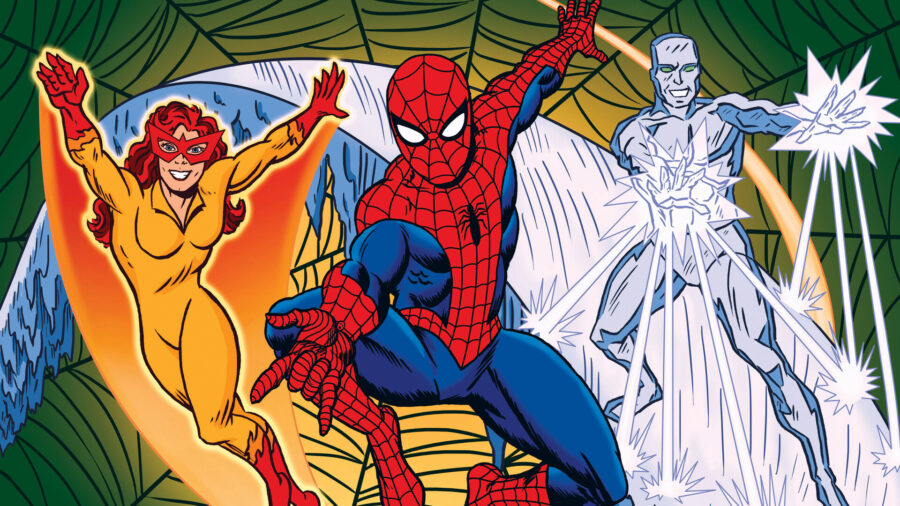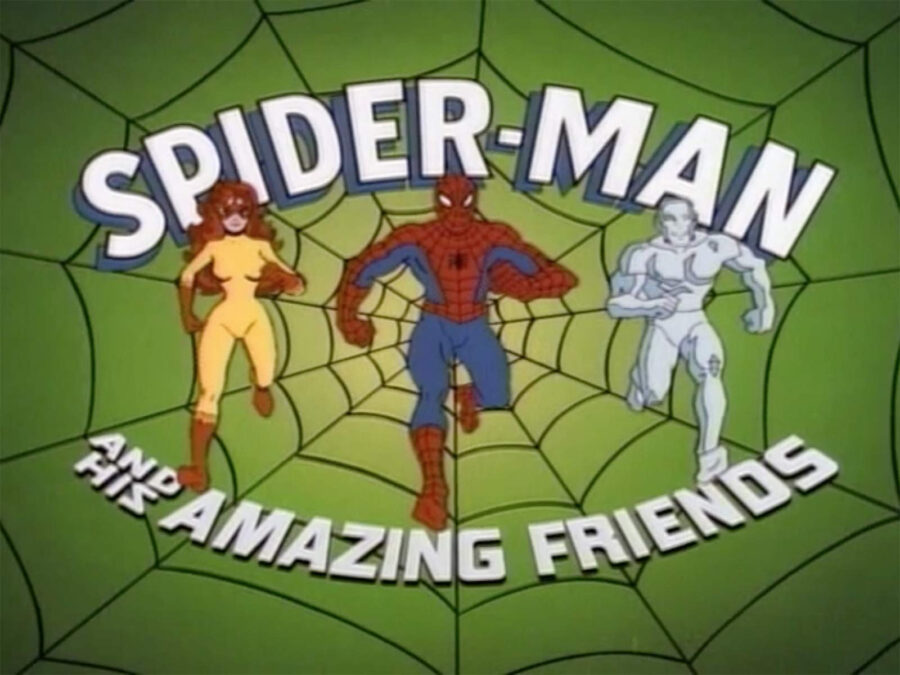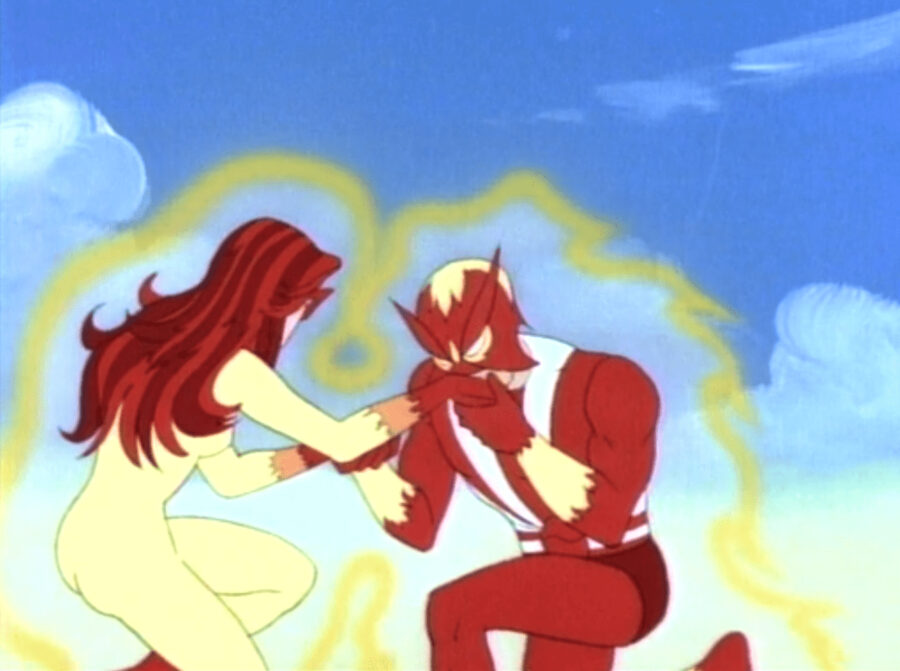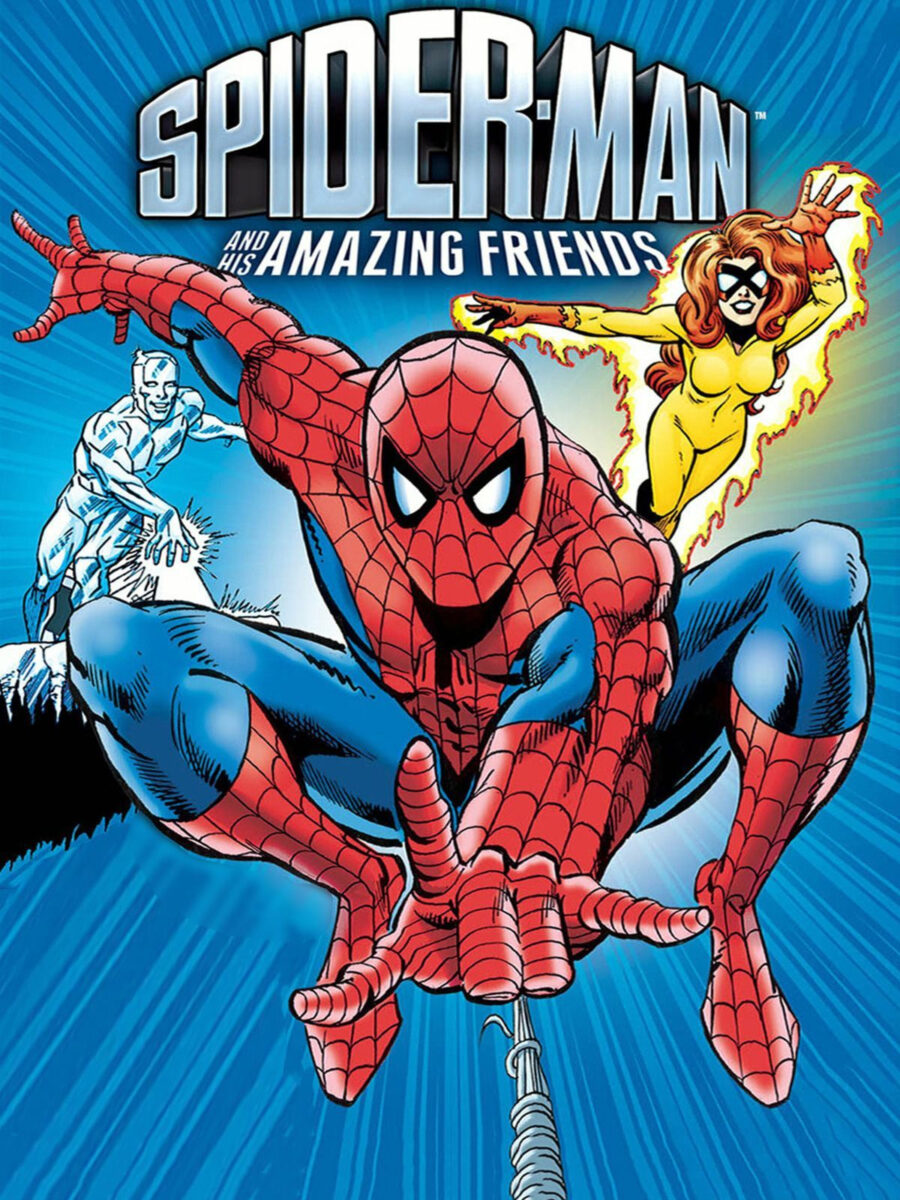A Spider-Man Cartoon Has Been Slapped With A Negative Depictions Warning
A Spider-Man cartoon on Disney+ just got a content warning.
This article is more than 2 years old

Spider-Man and His Amazing Friends is an animated television series that ran from 1981-1983 and now has life on the Disney + streaming service. One of the early episodes of the series, its third one titled “Sunfire“, has been slapped with a content warning disclaimer, letting viewers know of potentially racially insensitive content.
The disclaimer on the Spider-Man and His Amazing Friends episode arrives onscreen before the episode runs and lasts for 12-seconds. It reads:
“This program includes negative depictions and/or mistreatment of people or cultures. These stereotypes were wrong then and are wrong now. Rather than remove this content, we want to acknowledge its harmful impact, learn from it and spark conversation to create a more inclusive future together. Disney is committed to creating stories with inspirational and aspirational themes that reflect the rich diversity of the human experience around the globe. To learn more about how stories have impacted society, visit: www.Disney.com/StoriesMatter.”

The “negative depictions” Disney speaks about in this Spider-Man and His Amazing Friends episode involves Japanese characters and once again goes to underline the House of Mouse’s commitment to inclusivity and diversity. In the “Sunfire” episode, it features the Japanese mutant hero Sunfire making an appearance, requesting help from Starfire to power the Fusion Reactor that his Uncle Genju built which, according to Genju, that by combining the duo’s powers, would develop an unlimited supply of energy, thus helping the planet. But there always has to be a hidden, evil motive, and Genju soon reveals his, world domination.
This all sounds like good, harmless, animated comic book fun and it is. The issue at hand in the Spider-Man and His Amazing Friends episode is that both Sunfire and Genju were presented as speaking with stereotypical-sounding Japanese accents. Not one to make light of an obviously sensitive subject, but aren’t all accents of all races stereotypical sounding?

While this episode of Spider-Man and His Amazing Friends has received its disclaimer, another episode from the series never even made the cut, as in Disney+ won’t even air it. “The Quest for the Red Skull” has been purposely left off the Disney+ roster. It can be easier to digest this one as the episode is heavy on Nazi imagery. Anyone knowing the Red Skull’s history understands his origins. But the episode shows Swastikas, cries of “Heil Hitler!” can be heard, and there is also an on-screen projection of Hitler himself. So again, this one is a bit more understandable, though why Disney+ couldn’t begin the episode with their disclaimer is a mystery. It should be noted, Disney+ is not the only time this episode has been omitted from television.
It also should be noted that this episode of Spider-Man and His Amazing Friends is not an isolated one. Disney has been adding this disclaimer on their streaming service to many of their older, classic material. For instance, Swiss Family Robinson carried the disclaimer based on the fact the pirates are depicted in stereotypical pirate menace with yellow or brown face. Dumbo is another that includes this disclaimer for the racially insensitive crow characters. The Aristocrats have been awarded the disclaimer for the Siamese cats’ musical number. In fact, that number was considered so racist that Disney was first going to edit it completely from the cartoon, decided not to by adding the disclaimer but when they made their live-action version they did completely wipe it from existence. Peter Pan is another classic animated movie that carries the disclaimer for their stereotypical portrayal of Native people.

So, with this disclaimer in Spider-Man and His Amazing Friends and other media, where do we stand on adding disclaimers to movies, animated or live-action? Do you think Disney is going too far with this or not far enough? They have famously removed themselves from the wonderful Song of the South, a movie that followed the stories of Uncle Remus. That movie will probably never see the light of day again unless you may have a very old VHS copy or bootleg DVD, which begs the question: if the previously mentioned movies can carry a disclaimer, why not Song of the South? What represents enough and what represents not enough, and should these platforms be the ones in charge of telling you what you can and can’t watch? Give us your thoughts.












